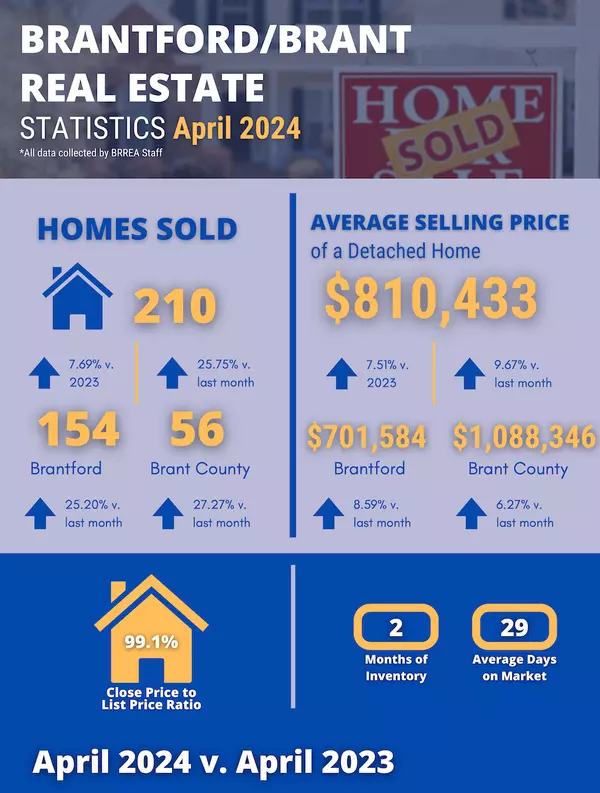
First-Time Home Buyers’ Tax Credit (HBTC) - FEDERAL INCOME TAXES
Source: https://www.canada.ca/en/revenue-agency/programs/about-canada-revenue-agency-cra/federal-government-budgets/budget-2022-plan-grow-economy-make-life-more-affordable/first-time-home-buyers-tax-credit.html Did you buy your first home in the last tax year? First-time home buyers who acquire a qualifying home can claim a non-refundable tax credit on their income taxes. Find out what are the current rules and find out more information: Read the current information on Revenue Canada website linked here and discuss with your accountant to be sure you claim this credit if you qualify.

Tips to Improve Your Credit Score
One of the important factors in home ownership is understanding things like your credit score. Some people don’t pay much attention to this metric until they begin the mortgage discussion! However, you will find that your credit score is one of the most important factors when it comes to qualifying for a mortgage at the best rate – and with the most purchasing power. Credit scores range from 300 to 900, the higher your credit score the better. Ideally, you should be aiming for a credit score of 680 for at least one borrower (or guarantor), especially if you are putting under 20% down. If you are able to make a larger down payment of 20% or more, then a score of 680 is not required. This score is based on spending habits and behaviours including: Previous payment history and track record of paying your credit accounts on time is the number one thing that your credit score considers. Your current level of debt and whether you’re maxed or not is the second most important factor. How long you have had your credit in good standing is the third most important factor. Attaining new credits is the fourth factor and can be a red flag if you’re opening several credit cards, accounts, or loans in a short period. If you want to improve your credit score, you can! It is a gradual process, but it is well worth it. Here are some tips to help you get started! Pay Your Bills: This seems pretty straightforward, but it is not that simple. You not only have to pay the bills, but you have to do so in full AND on time whenever possible. Paying bills on time is one of the key behaviors lenders and creditors look for when deciding to grant you a loan or mortgage. If you are unable to afford the full amount, a good tip is to at least pay the minimum required as shown on your monthly statement to prevent any flags on your account. Pay Your Debts: Whether you have credit card debt, a car loan, a line of credit, or a mortgage, the goal should be to pay your debt off as quickly as possible. To make the most impact, start by paying the lowest debt items first and then work towards the larger amounts. By removing the low-debt items, you also remove the interest payments on those loans which frees up money that can be put towards paying off larger items. Stay Within Your Limit: This is key when it comes to managing debt and maintaining a good credit score. Using all or most of your available credit is not advised. Your goal should be to use 70% or less of your available credit. For instance, if you have a limit of $1000 on your credit card, you should never go over $700. NOTE: If you find you need more credit, it is better to increase the limit versus utilizing more than 70% of what is available each month. Credit and Loan Application Management: Reduce the number of credit card or loan applications you submit. When you submit too many credit card applications, your credit score will go down, and multiple applications in a short period can do more damage. You’re best to apply for one or two cards and wait to see if you are accepted before attempting further applications. If you have questions about your credit score, don’t hesitate to reach out to me today! Whether you want to check your score or find out how you can improve it, my door is always open. Your credit mix is the final aspect of your credit score to determine whether you have a healthy mix of credit cards, loans, lines of credit, etc. Source DLC

Federal government announces their Housing Plan
The Canadian government has released Canada's Housing Plan. What follows is the TL;DR overview - for the detail click here. 1) Build more homes: •Introducing an Accelerated Capital Cost Allowance for apartments •Expanding the removal of federal taxes (GST) for rental housing •Increasing the annual limit for Canada Mortgage Bonds •Providing low-cost loans to build apartments for the middle-class •Making the Apartment Construction Loan Program easier and faster to use •Launching Canada Builds, a team Canada approach to building affordable homes for the middle class, including on under-utilized public lands across the country •Building homes on top of shops and businesses •Launching a Historic Public Lands for Homes Plan •Modernizing housing data •Offering low-cost financing for homeowners to add additional suites •Further incentivizing density to existing homes •Investing in Indigenous housing and infrastructure •Supporting Indigenous people living away from their communities in urban, rural, and Northern areas •Helping municipalities legalize housing and streamline approvals •Attaching housing conditions on public transit funding •Building the necessary infrastructure to support growing communities •Leveraging the Canada Infrastructure Bank •Implementing an industrial strategy for home building •Introducing a standardized housing design catalogue •Scaling up new tech to build new homes •Investing in new approaches to home building •Providing low-cost loans to prefabricated housing projects •Simplifying the way that Canada builds homes •Making building codes digital •Training the next generation of skilled trades workers •Improving labour mobility to connect more people to opportunity 2) Make it easier to rent or own a home: •Launching a Tenant Protection Fund •Creating a new Canadian Renters’ Bill of Rights •Leveraging rental payment history to improve credit scores •Extending mortgage amortizations for first-time buyers buying newly built homes •Strengthening the Canadian Mortgage Charter •Leveraging the Tax-Free First Home Savings Account •Increasing the Home Buyers’ Plan withdrawal limit •Extending the grace period to repay Home Buyers’ Plan withdrawals •Making home cheaper to heat, and easier on the environment •Helping municipalities enforce regulations limiting short-term rentals •Removing tax deductions for certain short-term rental operators •Extending the ban on foreign home buyers •Combatting mortgage fraud •Cracking down on real estate fraud •Confronting the financialization of housing The Canadian Real Estate Association has applauded the Plan - read their press release here. MPC’s official press release on the 2024 Budget can be found here. The federal government’s full statement on the 2024 Budget can be found here.
Categories
- All Blogs (71)
- bc (50)
- BCREA (2)
- brantford (27)
- Buying a Home (15)
- condo (9)
- depreciation report (4)
- education (24)
- first time buyer (2)
- flipping (2)
- Flipping Tax (6)
- food (1)
- handyman (2)
- homes for sale (21)
- housing statistics (13)
- inspections (4)
- insurance (1)
- lawyer (6)
- leasehold (2)
- matrix (1)
- mortgage agent (25)
- mortgages (15)
- NAR (3)
- new construction (10)
- new developments (9)
- news (25)
- ontario (20)
- presale (9)
- Property Transfer Tax (4)
- real estate (60)
- realtor (44)
- referrals (2)
- renovations (8)
- rentals (1)
- Residential Property Flipping Rule (4)
- schools (2)
- strata (7)
- stratatips (4)
- taxes (3)
- testimonials (3)
- townhome (3)
- Transfer Tax Exemptions (5)
- vancouver island (29)
- victoria (46)
Recent Posts











